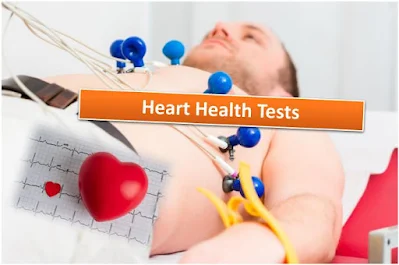This blog provides an in-depth explanation of the importance of blood pressure monitoring and lifestyle changes for preventing heart disease.
It covers various types of blood pressure monitoring devices, the significance of regular monitoring, and the role of lifestyle modifications in maintaining healthy blood pressure.
Additionally, it explores different treatment options for hypertension.
"Blood Pressure Monitoring and Heart Disease Prevention: Taking Charge of Your Cardiovascular Health"
The Importance of Regular Blood Pressure Monitoring
Regular blood pressure monitoring is a vital component of maintaining cardiovascular health.
High blood pressure, or hypertension, is a significant risk factor for heart disease, as it can damage the arteries and contribute to serious conditions like heart attacks, strokes, heart failure, and kidney disease.
Types of Blood Pressure Monitoring Devices
Thankfully, there are several blood pressure monitoring devices available today to help individuals keep track of their readings.
Home blood pressure monitors, wearable devices, and remote monitoring systems offer convenient ways to monitor blood pressure levels.
Home monitors, in particular, are valuable tools for individuals with hypertension, allowing them to track their blood pressure from the comfort of their own homes and observe trends over time.
It's important to carefully follow the instructions provided with these devices to ensure accurate readings.
Lifestyle Changes for Heart Disease Prevention and Blood Pressure Control
In addition to regular monitoring, making positive lifestyle changes is crucial for preventing heart disease and managing blood pressure.
Engaging in regular exercise, adopting a healthy diet, and maintaining a healthy weight are all effective strategies.
Reducing salt and alcohol intake, quitting smoking, and managing stress levels can also significantly contribute to lowering blood pressure.
Treatment Options for Hypertension
Depending on an individual's specific health condition and risk factors, healthcare professionals may prescribe medications such as diuretics, ACE inhibitors, or beta-blockers to help manage hypertension.
It's essential to work closely with a doctor to determine the most suitable treatment approach.
Taking Charge of Your Cardiovascular Health
In summary, regular blood pressure monitoring is essential for cardiovascular health.
With various monitoring devices available, individuals can actively participate in their own care.
By implementing lifestyle changes and, if necessary, incorporating medication, we can effectively prevent heart disease and maintain optimal blood pressure levels.
Your cardiovascular health matters, so take charge of it today!
To further enhance your understanding of cardiovascular health and take proactive steps towards maintaining a healthy heart,
we invite you to explore our next blog post:👉
"Exploring Additional Heart Health Tests: Evaluating Cardiovascular Function and Conditions."🔍
In this informative piece, we will delve into the various tests and procedures used to evaluate heart health, such as electrocardiograms, echocardiograms, stress tests, and cardiac catheterizations.
These tests provide valuable insights into the structure and function of the heart, enabling healthcare professionals to assess the presence and severity of cardiovascular conditions.
By gaining knowledge about these tests, you'll be better equipped to actively participate in your heart health journey and make informed decisions regarding your cardiovascular well-being.
Stay tuned for our upcoming blog post and continue your pursuit of optimal heart health!


